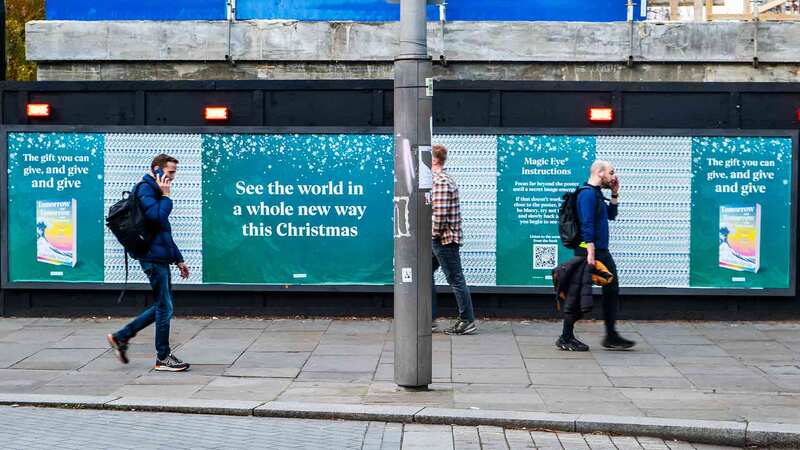You are viewing your 1 free article this month. Login to read more articles.
Lit in Colour programme to diversify curriculum will reach 12,000 students
The Lit in Colour Pioneers programme, which supports UK schools in diversifying their English Literature curriculum, will be working with 119 cohorts from across the country this year, reaching almost 12,000 students.
This is the first year of the programme, which is delivered by Pearson and Penguin Random House to provide "extensive guidance and resources" for teaching GCSE and A Level English Literature set texts by Black, Asian and minority ethnic writers.
Publishers Bloomsbury, Hachette UK and HarperCollins have also joined forces to donate books to participating schools. These include The Empress by Tanika Gupta (Bloomsbury), The Color Purple by Alice Walker (Hachette), Coram Boy (Farshore) plus the Snap GCSE Revision Guide for Coram Boy (Collins) and Boys Don’t Cry by Malorie Blackman (Penguin).
Participating schools will also receive a programme of work and series of free resources including training webinars for teachers and school librarians as well as a Lit in Colour mini library including 300 free Penguin books by writers of colour designed for all age groups, together with colourful posters and artwork.
Speaking about the initial uptake of the scheme, Katy Lewis, head of English, drama and languages at Pearson, said: “From our many conversations with schools across the country, it is clear that the Lit in Colour Pioneers initiative is meeting a significant need in UK education. Time and again, we’ve heard staff and students crying out for a breadth of set texts that truly represents the diverse world in which we live. To have almost 12,000 students participate in the first stage of the programme is an awe-inspiring start, and our team will be striving to increase that number year on year.
“As the first awarding organisation to ensure over 25% of our GCSE English Literature texts are written by authors from ethnic minority backgrounds, Pearson is committed to continuing these positive changes for students, and are eager to continue the journey to fully diversify our curricula across the board. Our sincerest hope is that, step by step, setting by setting, fair representation will flourish across the sector, opening doors to empathy, perception and possibility for each and every student in Britain. We’re so grateful to Hachette, HarperCollins and Bloomsbury for joining us and Penguin Random House in the spirit of open collaboration to provide much-needed support for these schools.”
Lit in Colour was launched by Penguin and the Runnymede Trust in 2020 to explore how to increase UK students’ access to books by writers of colour and those from minority ethnic backgrounds, and ensure the teaching and learning of English Literature better reflects contemporary culture and society. Pearson became a Lit in Colour partner in February 2021, as part of its ongoing commitment to maximise diversity in all areas of the curriculum.
In late 2020, Penguin and Runnymede announced they had commissioned a major piece of research to review the current state of play in English Literature education, gathering views from teachers, parents and young people, and make practical recommendations for change. The research found that just 1% of young people study a book by a writer of colour at GCSE in England.
Joy Mbakwe, head of English at Lilian Baylis Technology School, a confirmed Lit in Colour Pioneer school, said: “For too long, many of our students have been marginalised, gazing at the curriculum from the outside while never given the opportunity to see their lived experiences reflected in the stories we share with them. Through our omission and failure to be inclusive, we have subtly communicated with them that their lives, their language and their stories do not matter. While this was never our intention, this was the inevitable outcome as we upheld and revered certain stories while simultaneously failing to tell others.
“Our English curriculum is now radically different to what was being taught but I know there is more to be done. Our teaching is indeed anti-racist but the texts we teach are not. We want to shift away from this. We want to be part of the change and I know that being a pioneer will give us the support and direction that we need.”



















